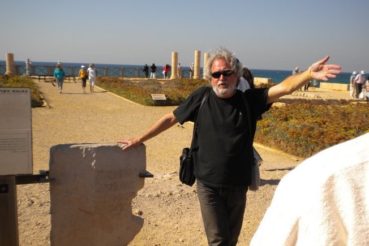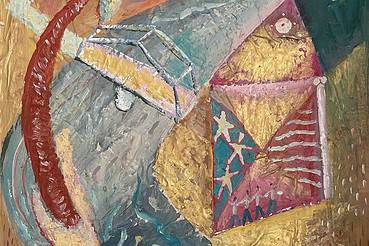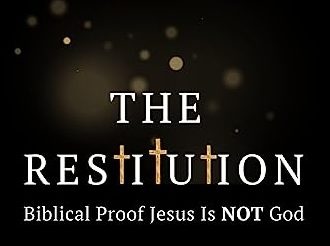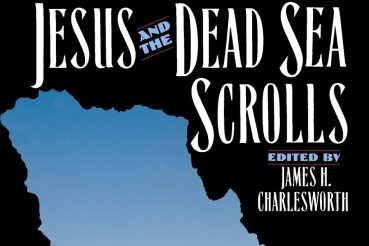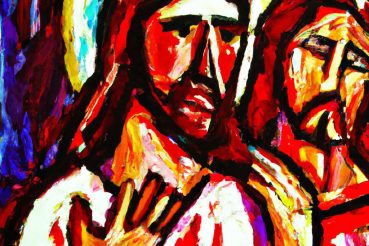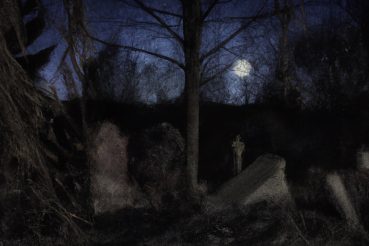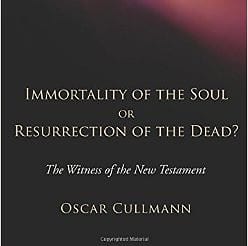Sorry, this tour is FULL…after four days…I will keep you informed about future tours… A personal note: I am thrilled to see such interest in my May 2024 “Tracking Jesus” tour…I only announced it here on August 25th–three days ago! Apparently there is quite a bit of interest. I…
In this 2nd in my new Youtube series on “Bible Prophecy Through the Ages.” I take a look at the First Messiah in Jewish history–the Messiah BEFORE Jesus, who flourished in the late 2nd Temple period–100 years before Jesus and his movement. We don’t even know the name of this…
Okay, ready, set, go! I just launched the new series on YouTube titled “Interpreting Bible Prophecy through the Ages”… I think this will be of great interest and benefit to lots of folks. It is so needed today, amidst all the craziness. Here is Part I. I take a broad…
Some of my readers might know the name Kermit Zarley in connection with his career as a professional golfer, with notable finishes in dozens of PGA and Champions tournaments . However, Zarley is the author of a half dozen books on biblical topics. His magnum opus is this 540pp book, The…
Those who have done a bit of academic reading about our New Testament gospels have come across the idea of what is most often referred to as the “Q Source.” Over the years I have found that despite lots of discussion about the hypothesis few have in fact sat down…
This most useful collection of essays in the Yale Anchor Bible Reference Library, edited by James H. Charlesworth, Jesus and the Dead Sea Scrolls: The Controversy Resolved (New York: Doubleday, 1992) 370 pp [paper and hardcover] has endured the test of time over the past three decades. It contains twelve…
As I have done in the past, I want to commend to my readers the many uniquely valuable posts of “Scribes of the Kingdom” blogger Alex Finkelson. He never disappoints. This latest one truly hits the mark and expels a huge cloud of confusion among those who dabble in New…
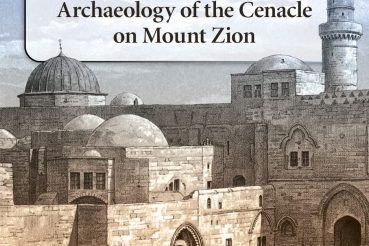
Tabor Bookshelf: The History and Archaeology of the “Upper Room”/Cenacle and the “Tomb of David” on Mt. Zion
David Clausen, The Upper Room and Tomb of David: The History, Art and Archaeology of the Cenacle on Mount Zion (McFarland, 2016). This fascinating Medieval structure, visited by millions of Christian a year as the “Room of the Last Supper,” whereas the lower floor is revered by Jews as the…
I have continued my series on Youtube dealing with ideas of Death and Afterlife in the Ancient Western world. The level of interest is a total surprise for me. The first episode alone, on “Ancient Hebrew Views,” has over 200,000 views! In this tenth segment of the series I try…
When I was a freshman in college at Abilene Christian University in the mid-1960s I decided early on to focus on the Bible and early Christianity–basically New Testament Studies. I had returned from a trip to the Holy Land the previous summer, and I was fired up with the idea–at…

